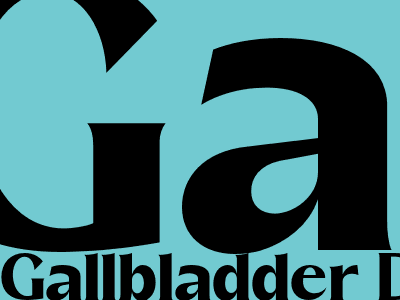
Gallbladder Disease
Gallbladder Disease: A Comprehensive Guide
Understanding Gallbladder Disease
The gallbladder is a small organ located under the liver that stores bile, a fluid that aids in digestion. Gallbladder disease occurs when the gallbladder becomes dysfunctional, leading to a range of symptoms.
Causes of Gallbladder Disease
* Gallstones: Hardened deposits of cholesterol and other substances that form in the gallbladder * Cholecystitis: Inflammation of the gallbladder, often caused by gallstones * Cholangitis: Inflammation of the bile ducts, which can be caused by gallstones or other infections
Symptoms of Gallbladder Disease
* Abdominal pain, especially in the upper right quadrant * Nausea and vomiting * Fever and chills * Yellowing of the skin or eyes (jaundice) * Dark urine and pale stools
Diagnosis of Gallbladder Disease
* Physical examination * Ultrasound imaging to visualize the gallbladder and bile ducts * Blood tests to check for infection or inflammation * Endoscopic retrograde cholangiopancreatography (ERCP) to visualize the bile ducts and remove gallstones
Treatment Options for Gallbladder Disease
* Medication to dissolve gallstones or reduce inflammation * Cholecystectomy: Surgical removal of the gallbladder * ERCP: Endoscopic procedure to remove gallstones or drain blocked bile ducts
Complications of Gallbladder Disease
* Pancreatitis: Inflammation of the pancreas * Liver damage * Sepsis: A life-threatening infection of the bloodstream
Prevention of Gallbladder Disease
* Maintaining a healthy weight * Eating a balanced diet low in fat and cholesterol * Exercising regularly * Avoiding excessive alcohol consumption

Komentar